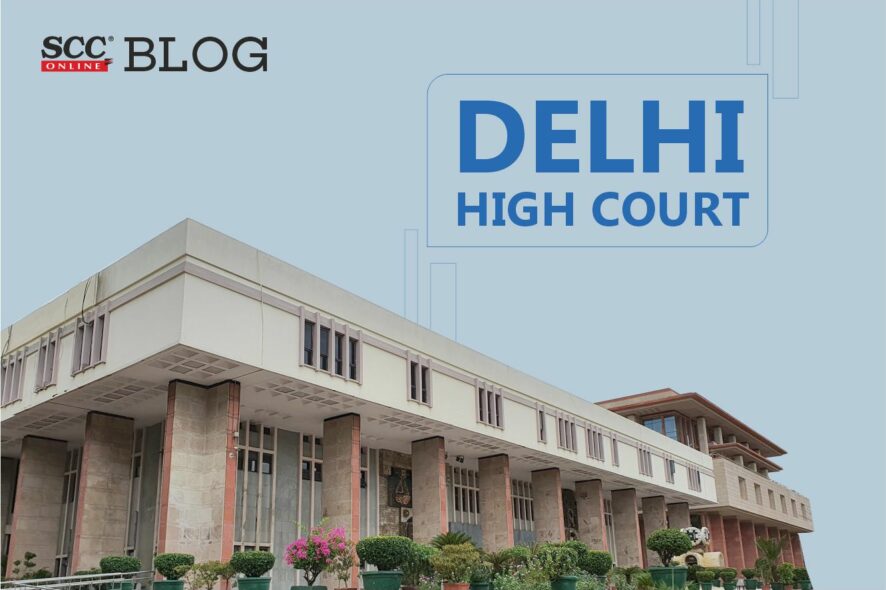Delhi High Court: In a case filed by the petitioners challenging the vires of Section 17 of the Maintenance and Welfare of Parents and Senior Citizens Act, 2007 alleging to be in violation of Section 30 of the Advocates Act, 1961, a Division Bench of Vibhu Bakhru and Amit Mahajan JJ., held that Section 17 of the Senior Citizens Act would not come in way of legal representation on behalf of the parties before the Maintenance Tribunal.
As per Section 17 of the Maintenance of Parents and Senior Citizen Act, 2007, no party to a proceeding before a Tribunal or Appellate Tribunal shall be represented by a legal practitioner so that easy, affordable and less time-consuming justice may be made accessible to the senior citizens. Section 30 of the Advocates Act, 1961, on the other hand, gives an absolute right to an Advocate to practice before all Courts and Tribunals.
Petitioner 2 has engaged Petitioner 1 as her Counsel in relation to a complaint filed under the Maintenance Act before the Maintenance Tribunal wherein Petitioner 1 was denied entry by the Maintenance Tribunal citing Section 17 of the Maintenance Act. Reliance was placed on Paramjit Kumar Saroya v. The Union of India, 2014 SCC OnLine P&H 10864, wherein the Division Bench of the Hon’ble Punjab & Haryana High Court interpreted the import of Section 30 of the Advocates Act, 1961 in relation to the Maintenance Act, 2007 and held that Section 30 of the Advocates Act, 1961 came into force on 15.06.2011 i.e., much after coming into force of the Maintenance Act in the year 2007.
It was observed that the decision vide section 30 of the Advocates Act has become law on a posterior date to Section 17 of the said Act which is sufficient for us to come to the conclusion that there cannot be an absolute bar to the assistance by legal practitioners to a Tribunal or the Appellate Tribunal despite the “notwithstanding” clause
“…if a Tribunal is legally authorized to take evidence, there is the right to practise before the Tribunal. The Tribunal has the right to take evidence. That being the status of the Tribunal, there has been intrinsic right in the advocate to practise before such a Tribunal in view of Section 30 of the Advocates Act which cannot be taken away.”
We thus conclude on the provisions of the Acts as under: – (i) We would request the Central Government to have a re-look into the provisions of the said Act in view of our observations aforesaid, more so in the context of Section 30 of the Advocates Act. (ii) The right to appeal is conferred on a party aggrieved under Section 16 of the said Act. (iii) Section 17 would not come in the way of legal representation on behalf of parties post 15.06.2011 in view of Section 30 of the Advocates Act having come into force.”
The Court noted that that as of yet neither has any decision been taken in that respect nor has any appeal been filed against the judgment passed by Punjab & Haryana High Court.
Thus, the Court held in agreement with the decision taken by the Punjab & Haryana High Court, that Section 17 would not come in way of legal representation on behalf of the parties before the Maintenance Tribunal.
[Pawan Reley v. Union of India, 2022 SCC OnLine Del 3221, decided on 27-09-2022]
Advocates who appeared in this case:
Petitioner-in-person
Ms Bharathi Raju, Senior Panel Counsel for UOI/R-1.
Mr Kirtiman Singh, CGSC with Mr Madhav Bajaj, Advocate for UOI.
*Arunima Bose, Editorial Assistant has put this report together.







